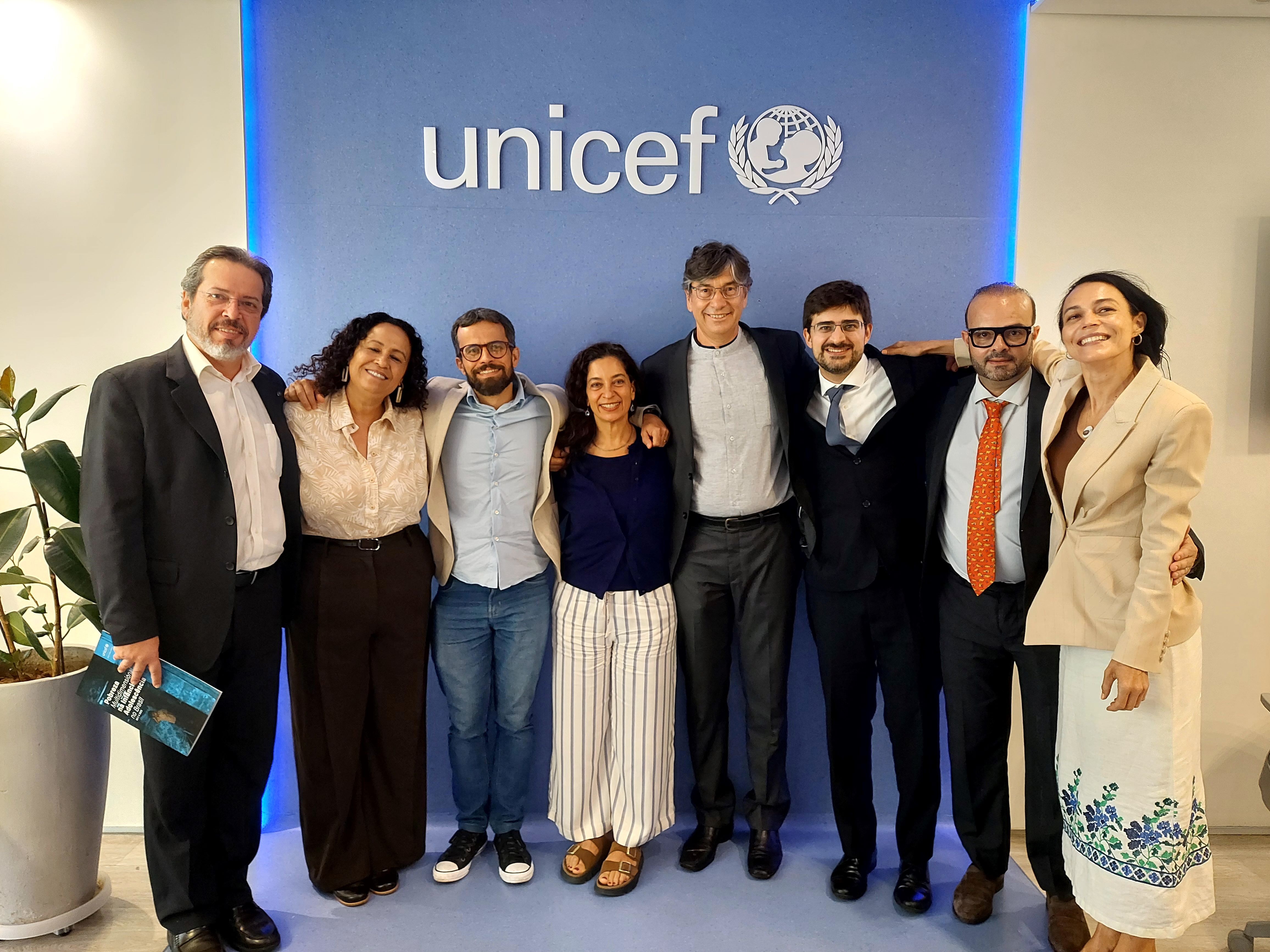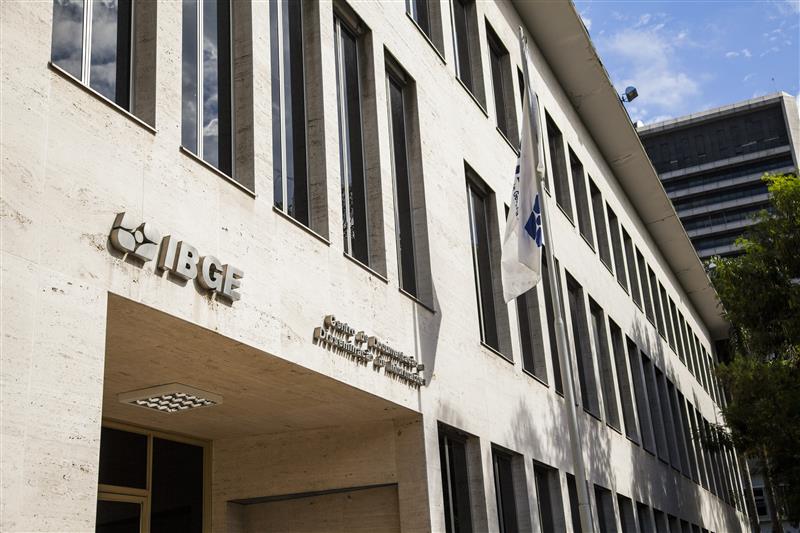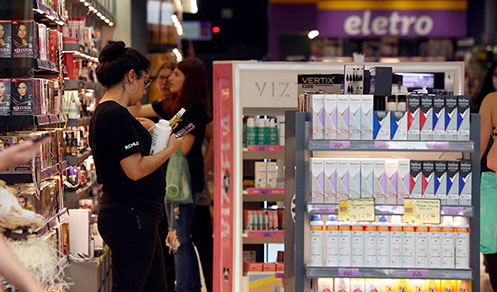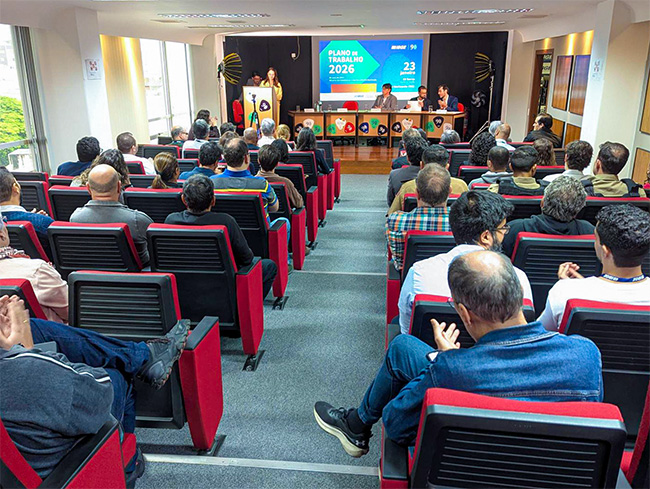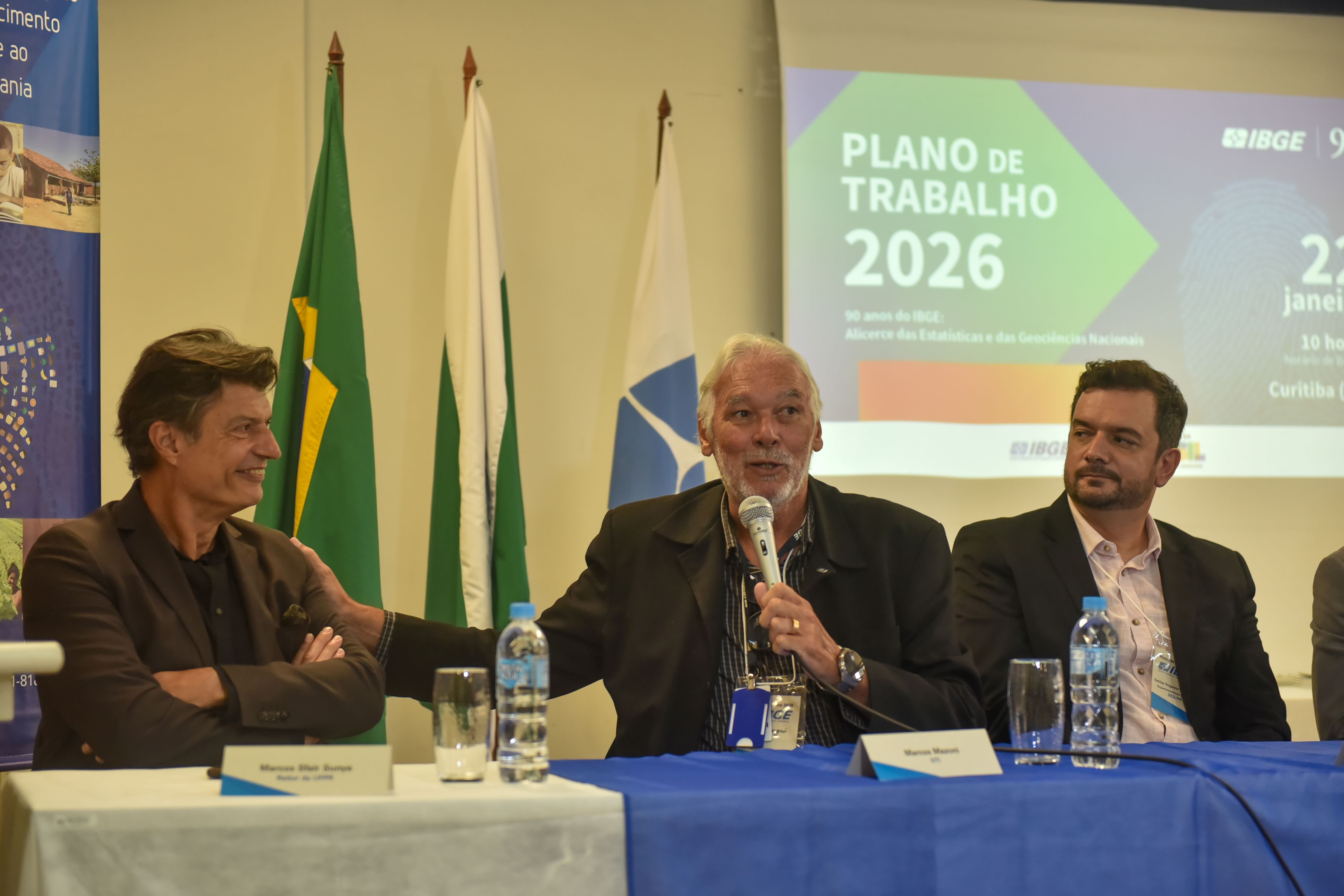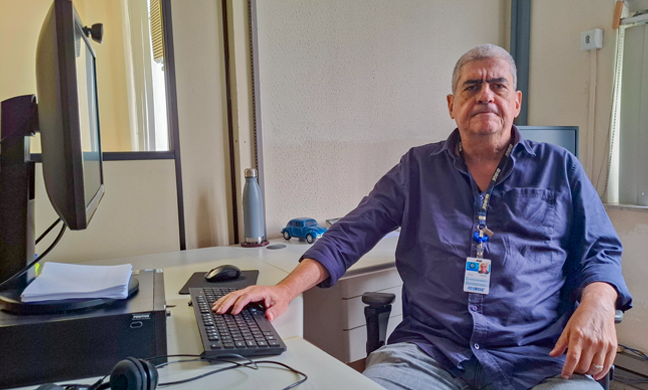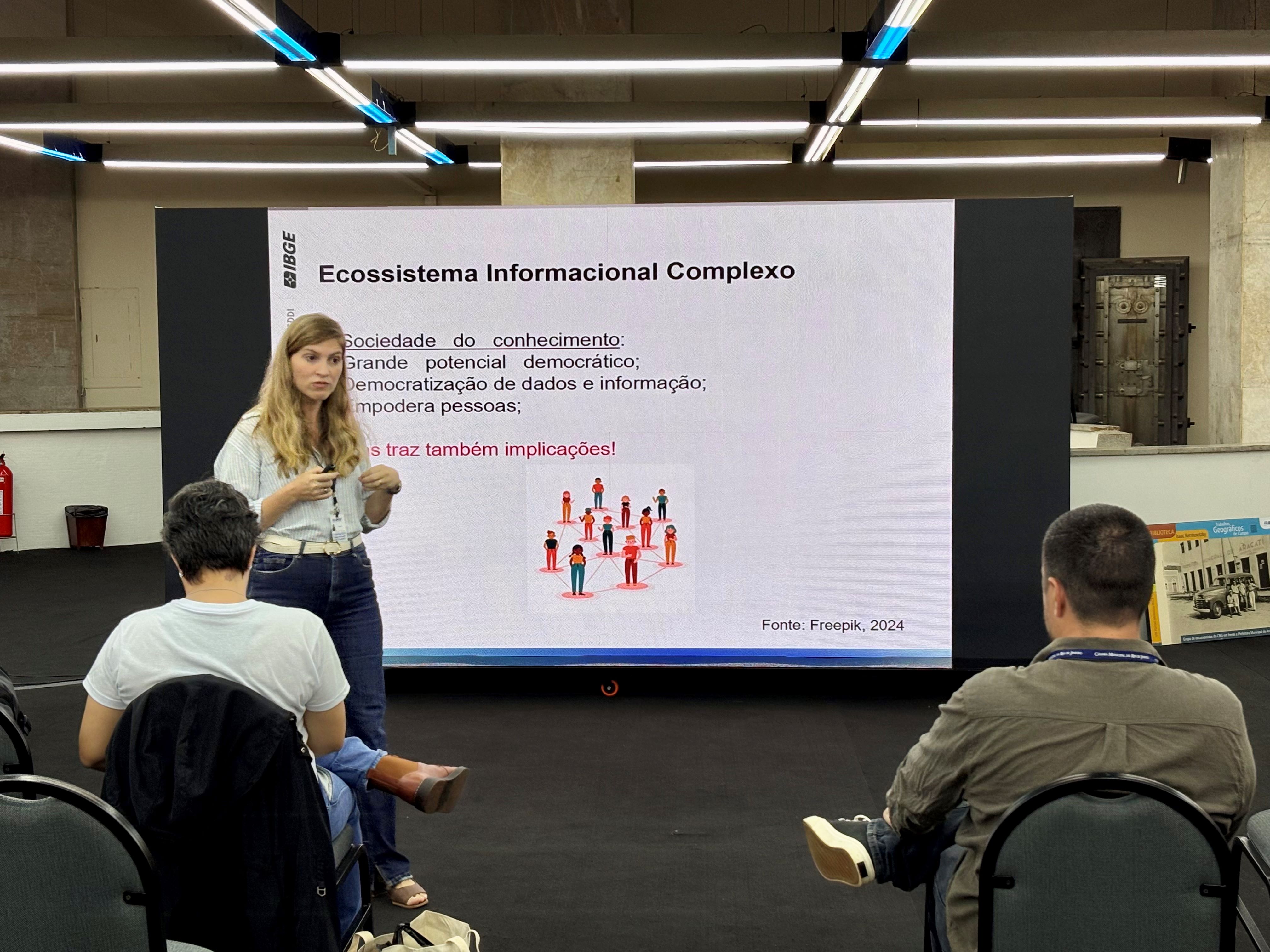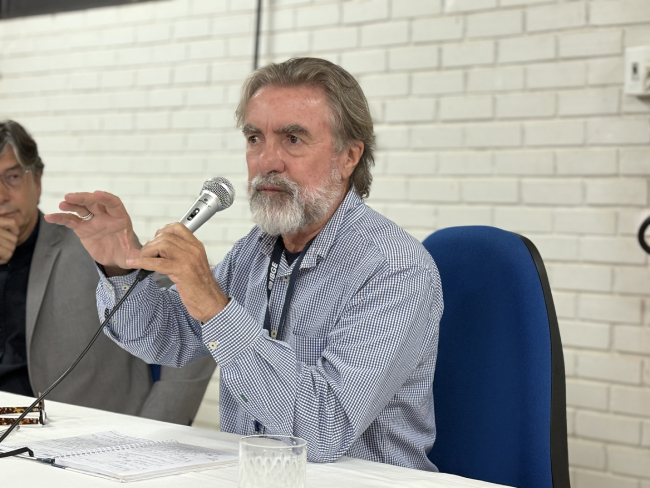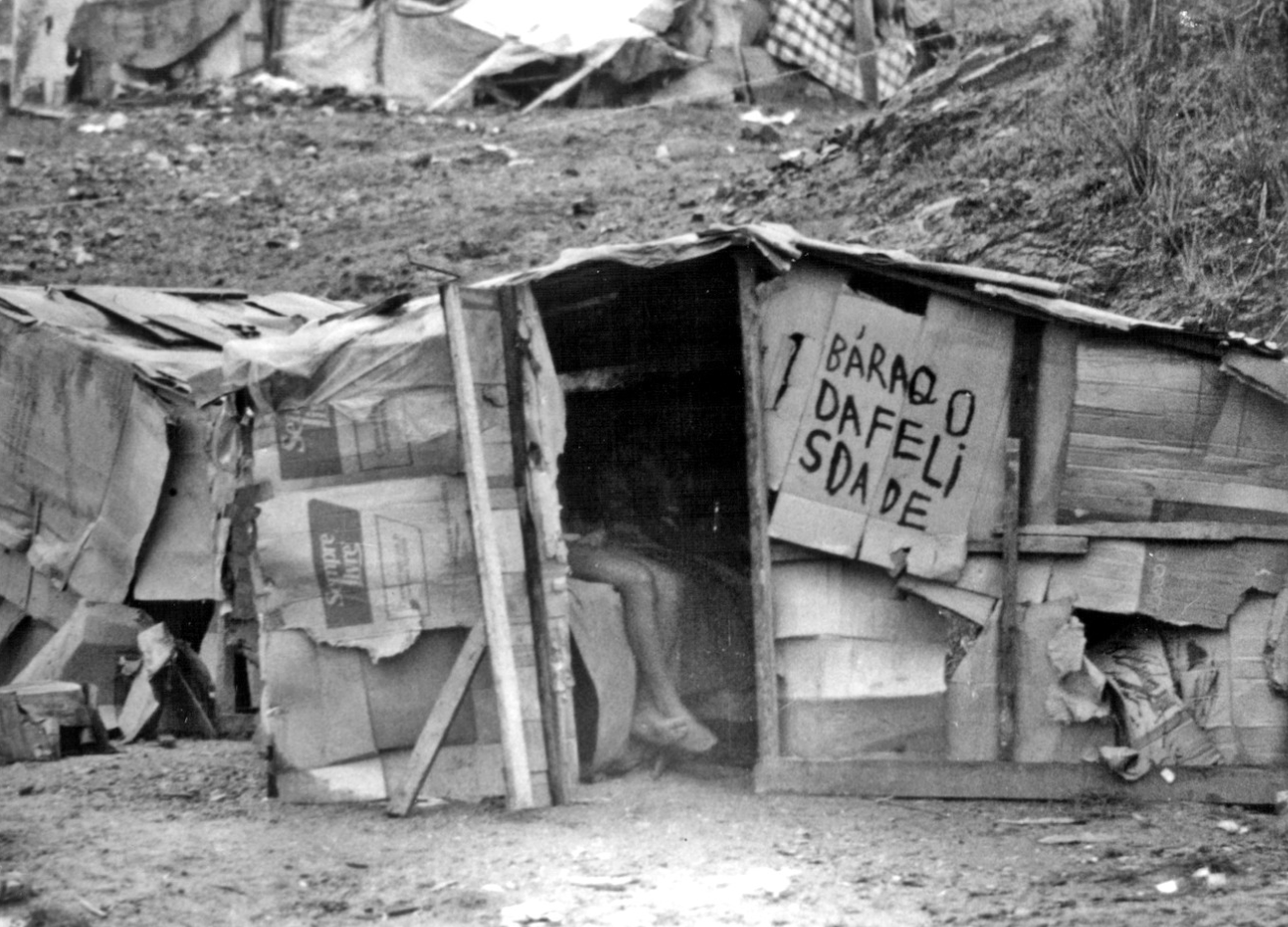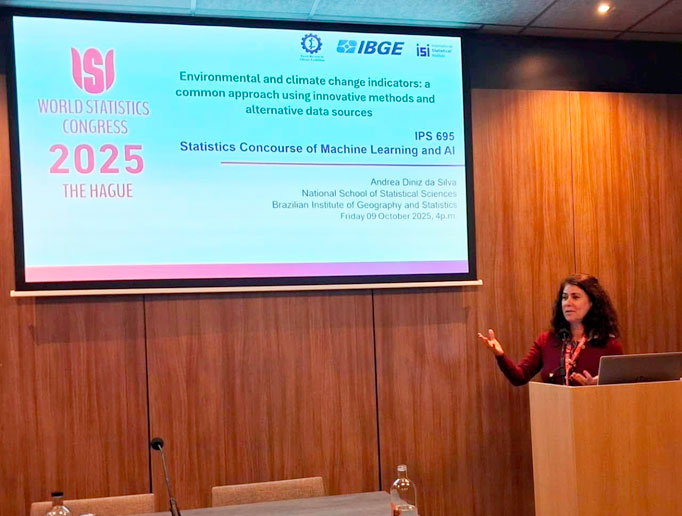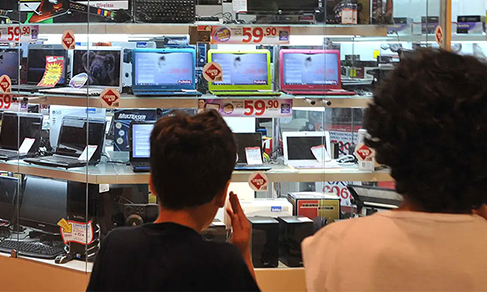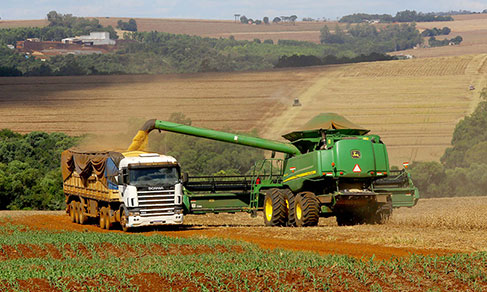Education
Experts discuss fight against fake news dissemination
November 19, 2018 12h00 PM | Last Updated: November 22, 2018 10h47 AM
The 3rd IBGE Open Doors Seminar for Schools, carried out last week (13) in Rio de Janeiro (RJ), brought experts together to discuss the production and dissemination of reliable information for kids and youngsters. Among the speakers who shared their experiences, were professionals from NexoEDU, Armazenzinho de Dados, Data_Labe, Escola Nave, Jornal Joca, LupaEducação and IBGEeduca. Soon enough the presentations and participants' certificates will be available on the event's website.
To open the event, the general coordinator of the Center for Information Documentation and Dissemination (CDDI) of the IBGE, David Wu Tai, highlighted the importance of the Institute having its contents adapted to students, so as to contribute to its mission of empowering the exercise of citizenship. “It is not enough for the IBGE to be an excellent information collector and producer, to be able to analyse those data, publish them and put them on the Internet, if the final audience to whom that content is aimed at cannot absorb that type of information”, says David.
After that, the coordinator of the IBGEeduca, educational platform of the Institute, Renata Corrêa, traced back the history of the projects targeted to the students and contextualized the seminar's topic in view of the need to discuss the challenges and possibilities related to the communication of reliable information to a young generation who accesses and produces so much information.
Reliable and contextualized information
The marketing manager of the Lupa Agency, Douglas Silveira, who coordinates the project LupaEducação, contextualized the concept of fact checking, which comes up against lack of information, reflecting the ideia of “post-truth” is a kind of “gourmetization of lies”.
Aimed at offering training on news checking, LupaEducação organizes lectures and workshops, which were initially targeted at university students and professionals. However, in view of the secondary students' and teachers' interest, the project started offering some training for such audience. At the same time, it looks for partners for actions focused directly on the youngsters, such as the Fake or News initiative.
The executive editor of Nexo, Marina Menezes, talked about NexoEDU, which highlights contents related to current issues and to topics in the school curriculum. Marina explained that the kind of journalism proposed by Nexo is contextualized news, which makes the vehicle “education-friendly”.
For her, both journalism and education are “essential for democracy, the exercise of citizenship and opinion formation for decision-making”. She says that some readers' comments in the social media already accounted for the use of Nexo's content in classrooms and for students' research. In addition, she says it is common for them to receive license requests for the publication of their content in didactic materials, which motivated the creation of Nexo EDU.
In Armazenzinho's presentation, geeral production coordinator, Neide Carvalho Monteiro, and developer Luiz Murillo Tobias said that the site was born with pedagogical purposes to facilitate the visualization of data about the municipality of Rio de Janeiro. Thus, the tool brings data from several sources, including the IBGE and municipal secretariats, which can be viewed in a georeferenced format and with some interactive possibilities.
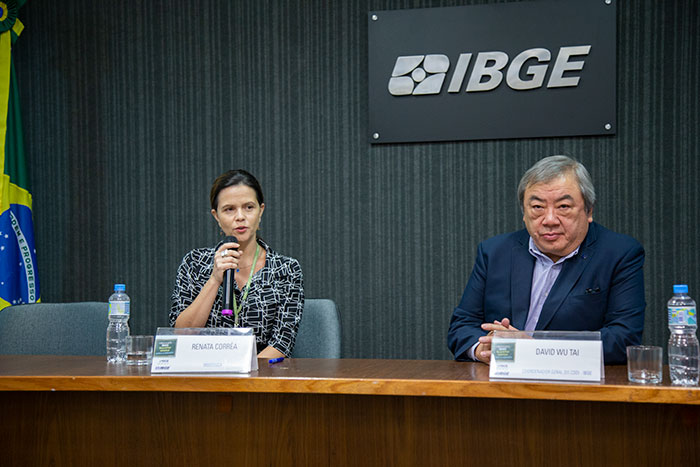
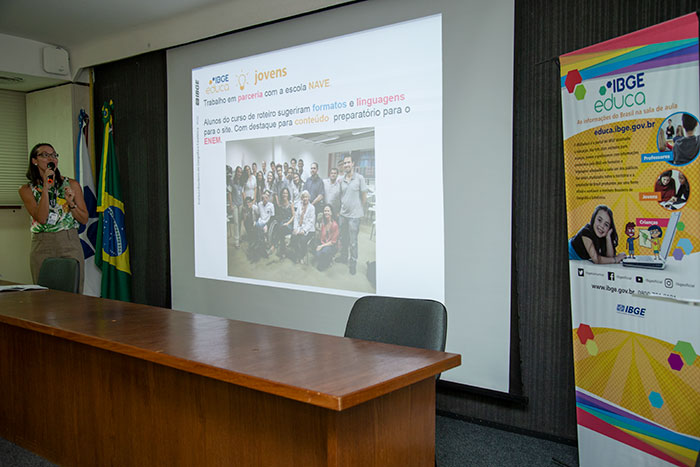
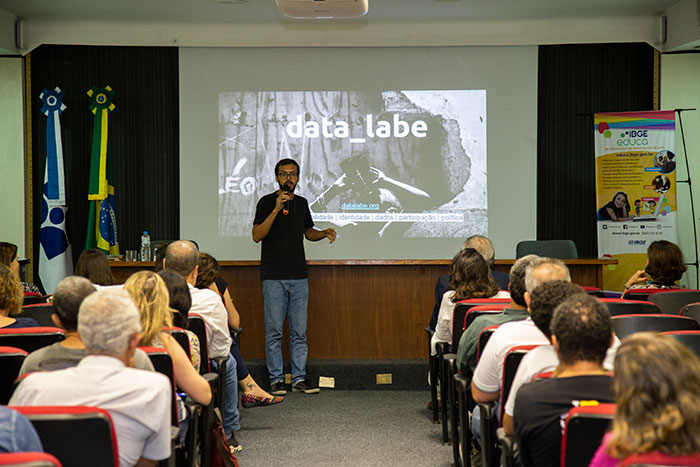
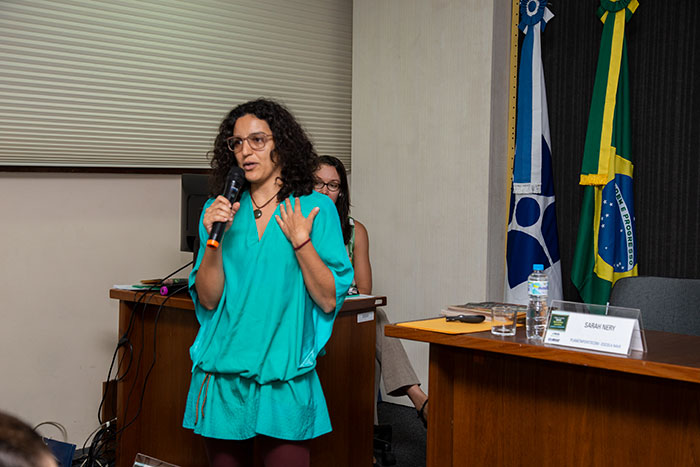
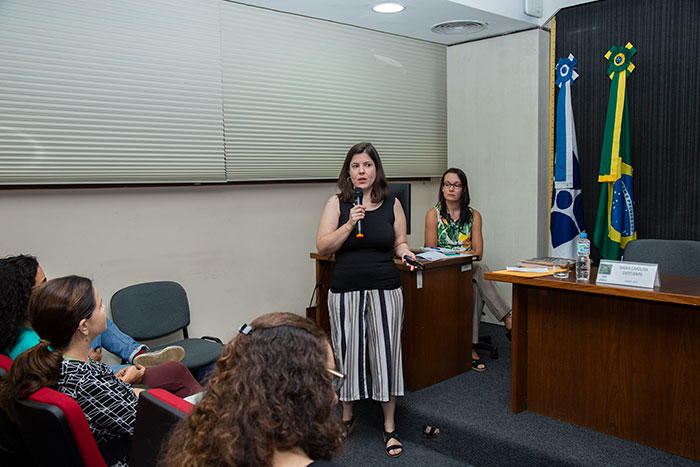
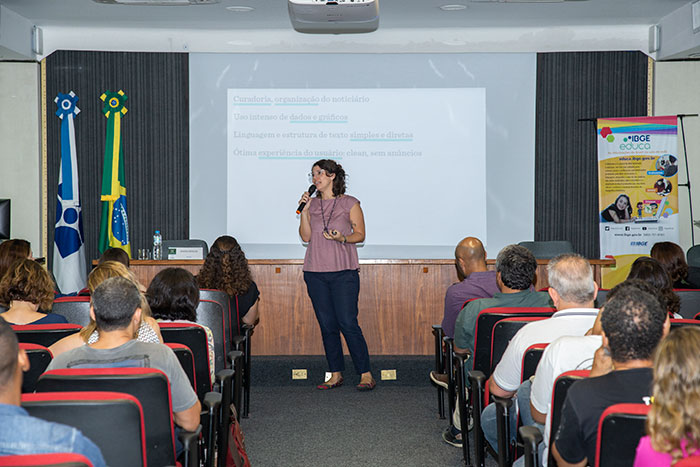
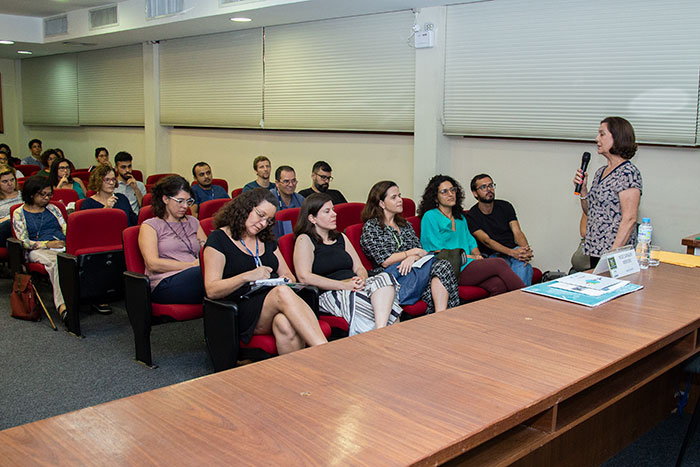
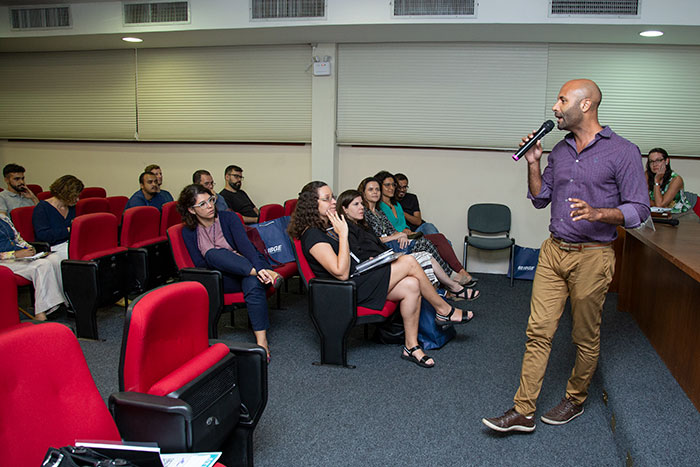
Kids and youngsters as protagonists
IBGEeduca's pedagogue, Tatiana Miranda, presented the website and the project's outreach activities, such as the work carried out by the state branches of the Institute. She emphasized the importance of interactivity and users' input, as well as the effort to make data more accessible to the general public, an initiative that is in line with the recommendation of Unesco (United Nations Educational, Scientific and Cultural Organization) to promote media literacy.
Later, the communicator and cultural manager, Gilberto Vieira, in charge of Data_Labe, talked about the info and narrative lab located in the Maré, Rio de Janeiro (RJ). He explained that the project emerged from “the idea of creating a laboratory using public data to write narratives for self-description”, i. e., to give visibility to stories produced by youngsters that live in the Maré and its surroundings, grounded on public databases.
Sarah Nery, of the Planetapontocom Organization and teacher of Digital Narratives and Research in the Escola Nave's program of Digital Media Screenplay, shared the experience with her students, who were responsible for the analysis of the old site IBGE Teen and for the suggestion for the new area for younsgsters of the IBGEeduca.
She brought about the characteristics that the class considered as relevant and which guided the design of the IBGE education platform. Suggestions included optimizing the site for it to appear among the first items in search engine results, the use of multimedia resources, the adoption of clear and colloquial language, intuitive navigation, integration with social media and layered information.
The editor of Jornal Joca, Maria Carolina Cristianini, presented the news vehicle aimed at children and young people, and reflected on how much the reading of news from childhood contributes to generate more engaged citizens, with greater argumentative competence. As for the journalistic work, Maria Carolina said that writing for children requires as much checking as traditional journalism, with the additional need to explain and contextualize all the topics discussed. "Joca always tries to listen to people who are in the involved in the described situations, preferably children and young people," she adds.



